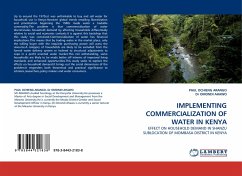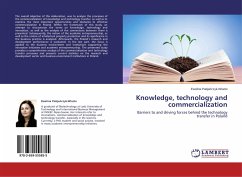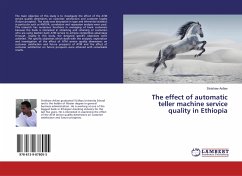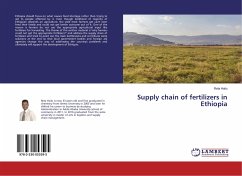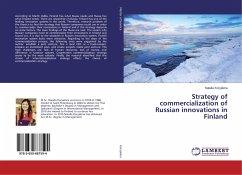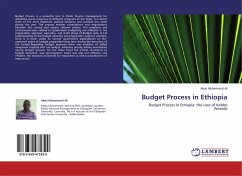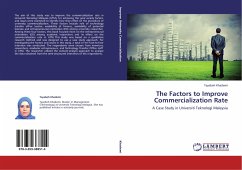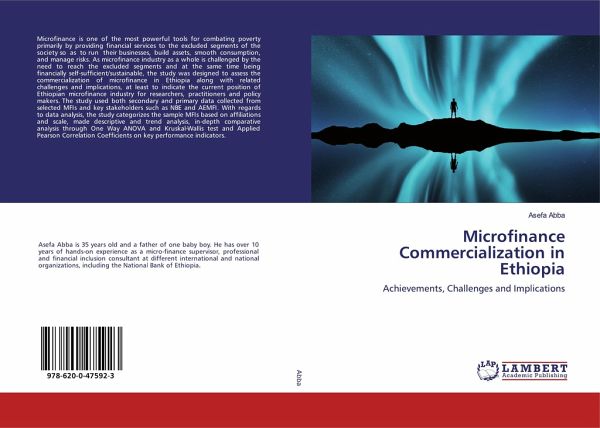
Microfinance Commercialization in Ethiopia
Achievements, Challenges and Implications
Versandkostenfrei!
Versandfertig in 1-2 Wochen
47,99 €
inkl. MwSt.

PAYBACK Punkte
24 °P sammeln!
Microfinance is one of the most powerful tools for combating poverty primarily by providing financial services to the excluded segments of the society so as to run their businesses, build assets, smooth consumption, and manage risks. As microfinance industry as a whole is challenged by the need to reach the excluded segments and at the same time being financially self-sufficient/sustainable, the study was designed to assess the commercialization of microfinance in Ethiopia along with related challenges and implications, at least to indicate the current position of Ethiopian microfinance indust...
Microfinance is one of the most powerful tools for combating poverty primarily by providing financial services to the excluded segments of the society so as to run their businesses, build assets, smooth consumption, and manage risks. As microfinance industry as a whole is challenged by the need to reach the excluded segments and at the same time being financially self-sufficient/sustainable, the study was designed to assess the commercialization of microfinance in Ethiopia along with related challenges and implications, at least to indicate the current position of Ethiopian microfinance industry for researchers, practitioners and policy makers. The study used both secondary and primary data collected from selected MFIs and key stakeholders such as NBE and AEMFI. With regards to data analysis, the study categorizes the sample MFIs based on affiliations and scale, made descriptive and trend analysis, in-depth comparative analysis through One Way ANOVA and Kruskal-Wallis test and Applied Pearson Correlation Coefficients on key performance indicators.




